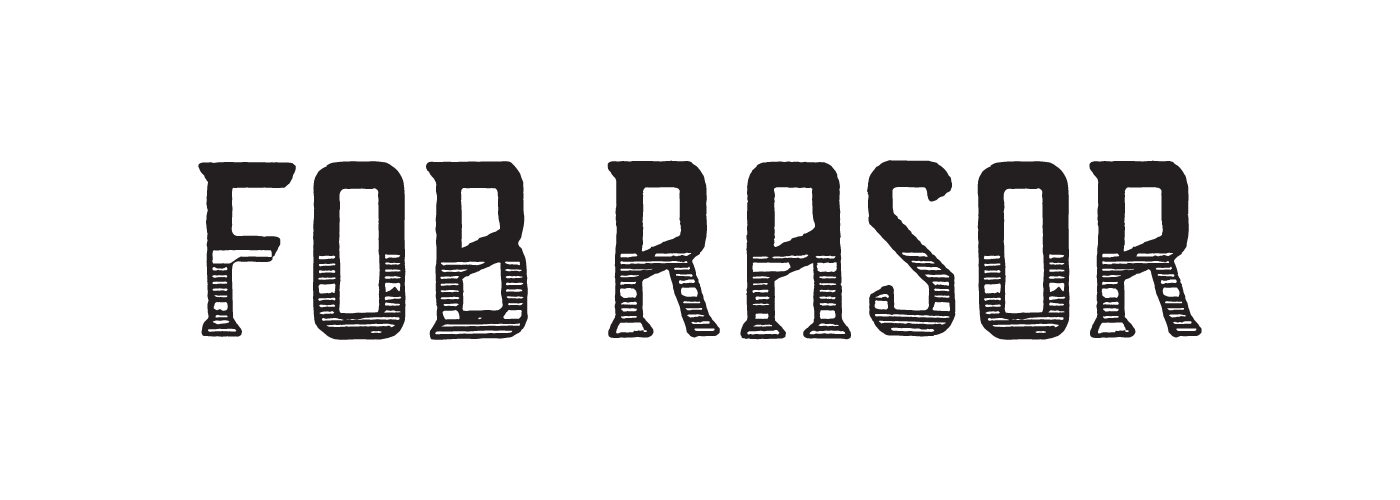The Importance of Seeking Help for Veterans with PTSD
Post-traumatic stress disorder (PTSD) is a serious mental health condition that affects many individuals, including our brave veterans who have served in the armed forces. It is a condition that can have a profound impact on their daily lives, relationships, and overall well-being. Recognizing the importance of seeking help for veterans with PTSD is crucial in ensuring they receive the support and treatment they need to lead fulfilling lives.
The Challenges of PTSD for Veterans
PTSD can develop after experiencing or witnessing a traumatic event, such as combat, and it can manifest in various ways. For veterans, the challenges associated with PTSD can be particularly complex due to the unique nature of their experiences. The intense and prolonged exposure to life-threatening situations, loss of comrades, and the stress of readjusting to civilian life can all contribute to the development of PTSD.
One of the primary challenges veterans face is the stigma surrounding mental health issues. Many veterans may feel reluctant to seek help due to concerns about being perceived as weak or vulnerable. This stigma can prevent them from reaching out for the support they desperately need, leading to a worsening of their symptoms and a decline in their overall well-being.
The Importance of Seeking Help
Seeking help for veterans with PTSD is crucial for several reasons:
1. Improved Quality of Life
By seeking help, veterans can significantly improve their quality of life. PTSD can have a profound impact on various aspects of their lives, including their mental health, relationships, and ability to function in society. With the right support and treatment, veterans can learn coping mechanisms, manage their symptoms, and regain control over their lives.
2. Prevention of Self-Destructive Behaviors
Without proper help, veterans with PTSD may turn to self-destructive behaviors as a way to cope with their pain and distress. Substance abuse, reckless behavior, and self-isolation are common ways veterans may attempt to numb their emotions. Seeking help can provide them with healthier coping mechanisms and reduce the risk of engaging in harmful behaviors.
3. Support for Loved Ones
PTSD not only affects the individual experiencing it but also their loved ones. Seeking help can provide support and resources for family members and friends who may be struggling to understand and cope with the veteran's symptoms. By seeking help together, families can learn how to communicate effectively, set boundaries, and provide the necessary support for their loved ones.
4. Access to Specialized Treatment
Seeking help for veterans with PTSD ensures they have access to specialized treatment options. Mental health professionals who specialize in working with veterans can provide tailored interventions that address the unique challenges they face. These treatments may include cognitive-behavioral therapy, exposure therapy, and eye movement desensitization and reprocessing (EMDR), among others.
How to Seek Help
If you or a loved one is a veteran experiencing symptoms of PTSD, it is essential to seek help. Here are some steps you can take:
1. Reach Out to a Healthcare Professional
Start by contacting a healthcare professional who specializes in mental health or has experience working with veterans. They can provide an initial assessment and guide you towards appropriate treatment options.
2. Connect with Support Groups
Support groups can be a valuable resource for veterans with PTSD. Connecting with others who have had similar experiences can provide a sense of understanding, validation, and support. Many organizations offer support groups specifically tailored to veterans.
3. Utilize Online Resources
There are numerous online resources available for veterans with PTSD. Websites, forums, and apps can provide information, self-help tools, and access to virtual support networks. These resources can be particularly helpful for veterans who may have limited access to in-person services.
4. Involve Loved Ones
Encourage your loved ones to be involved in your journey towards healing. Their support and understanding can make a significant difference in your recovery process. Consider attending therapy sessions together or involving them in family therapy sessions.
Conclusion
Seeking help for veterans with PTSD is of utmost importance. It not only improves their quality of life but also provides support for their loved ones. By breaking the stigma surrounding mental health issues and accessing specialized treatment options, veterans can find healing and regain control over their lives. If you or a loved one is a veteran experiencing symptoms of PTSD, don't hesitate to reach out for help. Remember, you are not alone, and there is support available to guide you on your journey towards recovery.
Excerpt: Recognizing the importance of seeking help for veterans with PTSD is crucial in ensuring they receive the support and treatment they need to lead fulfilling lives. PTSD can develop after experiencing or witnessing a traumatic event, such as combat, and it can manifest in various ways. For veterans, the challenges associated with PTSD can be particularly complex due to the unique nature of their experiences. The intense and prolonged exposure to life-threatening situations, loss of comrades, and the stress of readjusting to civilian life can all contribute to the development of PTSD.
